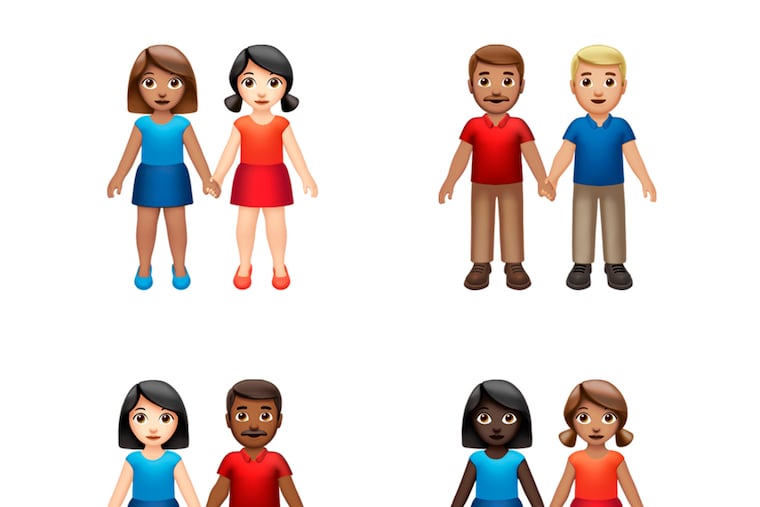What happens to the brain when you feel like you don’t fit in?
It can literally hurt. How to keep your kids from feeling that hurt.

Smack in the middle of third grade, my family moved from one side of town to the other. Our new house was bigger and nicer. Most important to my parents, we now lived in a neighborhood with better schools.
Of course, none of that mattered to me.
All I worried about was whether I’d fit in. Would I find a crowd to hang out with, or would I be factionless?
Wanting to fit in — to belong to a social group — is a basic human motive. Any kid can tell you that. But we grown-ups easily forget.
Several years ago, when the Bill & Melinda Gates Foundation asked me to identify predictors of success in college, my thoughts went immediately to self-control, grit, and growth mind-set.
But one scientist on our team, Greg Walton, suggested we add questions about belonging. So, the high school seniors in our study told us how much they agreed with statements like “Sometimes I worry that I will not belong in college” and “I am anxious that I will not fit in at college.”
We followed these students for four years (and counting). To my surprise, preliminary analyses suggest that belonging uncertainty matters more to college persistence than grit, or self-control, or growth mind-set.
What happens in the brain when you feel like you don’t fit in?
In one study, undergraduates played a video game called Cyberball. The game is rigged. You start off tossing a ball back and forth with two other players, and you think the other players are, like you, controlled by real people. But they’re not. They’re programmed to at some point, without explanation, stop passing the ball to you.
Functional MRI scans from the Cyberball study show that social exclusion is processed in the same brain areas that process physical pain. Feeling like you don’t belong hurts, literally.
Human needs are organized hierarchically: Before we allocate energy and attention to achievement goals, we are by nature driven to satisfy our need for “love and affection and belongingness.”
Try to help the young people in your life recognize that transitions are hard for everyone. While academic achievement is, of course, important, kids are people first and students second. Above all else, they must know, in their hearts, that their school is a place where they belong.
Angela Duckworth is cofounder and CEO of Character Lab and a psychology professor at the University of Pennsylvania. You can sign up to receive her Thought of the Week — actionable advice about the science of character — at characterlab.org.